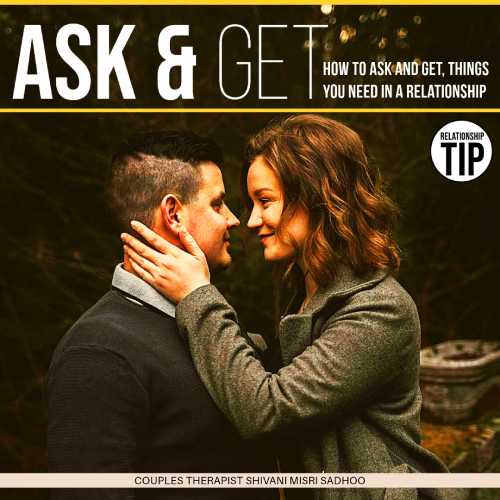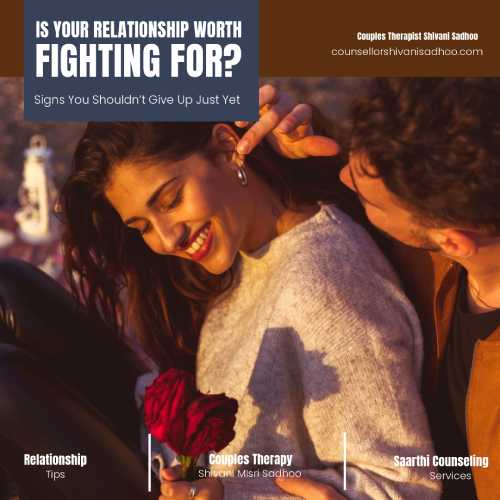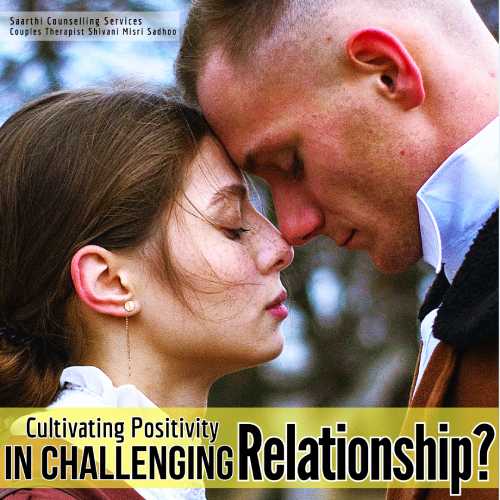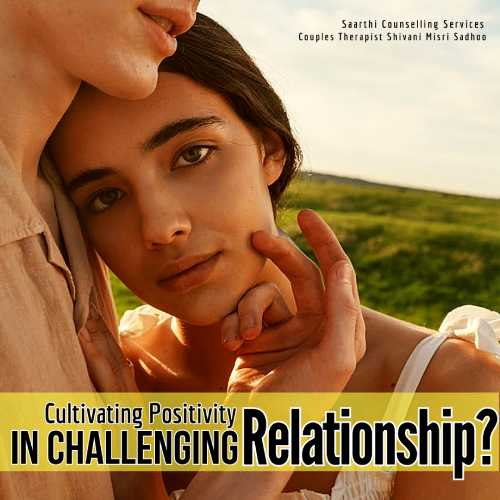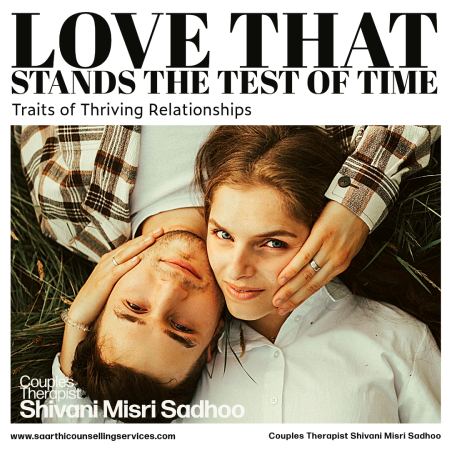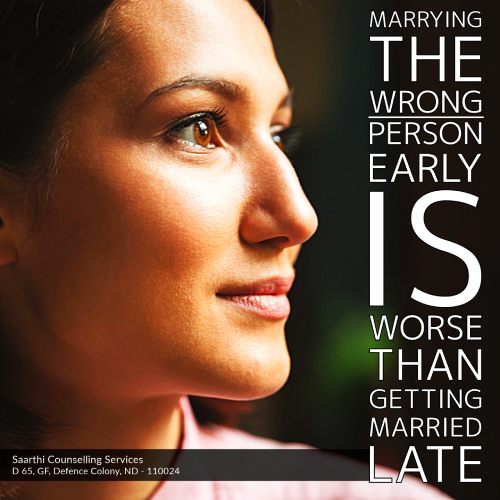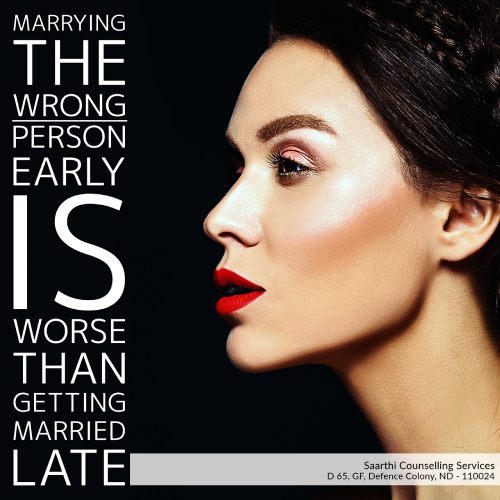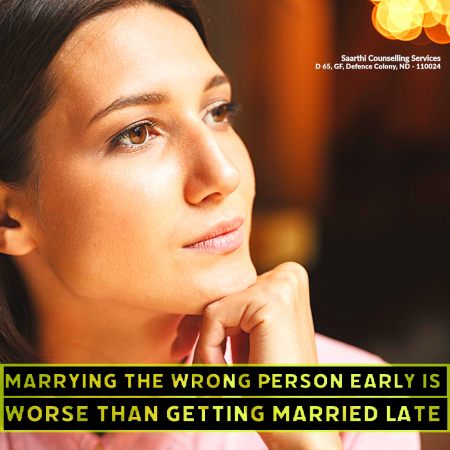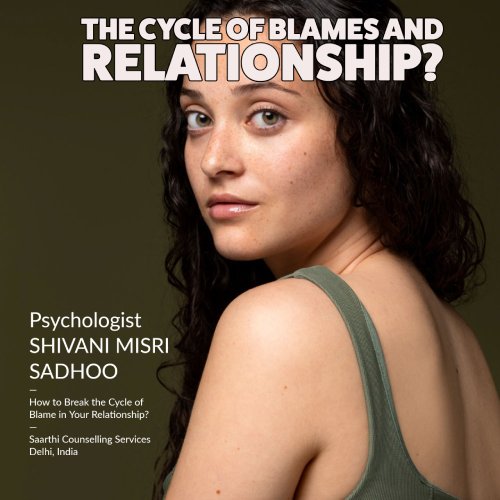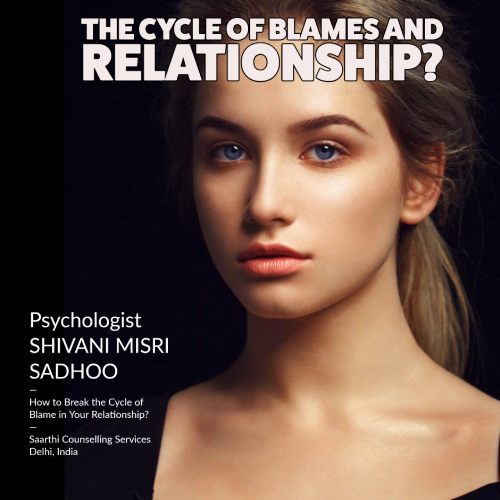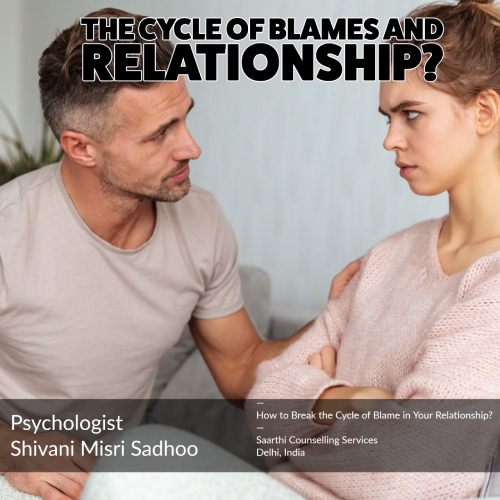Communication is the cornerstone of any healthy relationship. Yet, expressing your needs and desires can sometimes feel daunting or uncomfortable. Whether you’re seeking more affection, support, or understanding, learning how to ask for and get what you need in a relationship is crucial for its growth and longevity. Here are some effective strategies to help you navigate this process as shared by Delhi’s leading couples therapist and relationship counselor Shivani Misri Sadhoo in this blog.
In what ways could you ask and get what you need in your relationship?
Reflect on Your Needs: Before initiating a conversation with your partner, take some time to reflect on your needs and desires. What are you seeking from the relationship? What specific changes or actions would fulfill those needs? Understanding your own feelings and motivations will help you communicate more effectively.
Choose the Right Time and Place: Timing is crucial when addressing sensitive topics. Choose a time when both you and your partner are calm, relaxed, and free from distractions. Find a quiet and private space where you can have an open and honest conversation without interruptions.
Use “I” Statements: When expressing your needs, use “I” statements to convey your thoughts and feelings without placing blame on your partner. For example, instead of saying, “You never listen to me,” try saying, “I feel unheard when we don’t have meaningful conversations.”
Be Clear and Specific: Clearly articulate your needs and preferences to avoid misunderstandings. Provide specific examples and suggestions for how your partner can meet your needs. Avoid vague or passive-aggressive communication, as it can lead to frustration and confusion.
Practice Active Listening: Communication is a two-way street. Be sure to actively listen to your partner’s response without interrupting or becoming defensive. Validate their feelings and demonstrate empathy, even if you may not fully agree with their perspective.
Focus on Solutions: Instead of dwelling on past conflicts or assigning blame, focus on finding solutions that satisfy both partners. Brainstorm together and be willing to compromise to reach a mutually beneficial outcome.
Express Appreciation: Acknowledge and appreciate your partner’s efforts to meet your needs, even if they may fall short at times. Positive reinforcement can strengthen your bond and encourage continued efforts to support each other.
Seek Professional Help if Needed: If communication barriers persist or if you’re struggling to address deep-seated issues, consider seeking the guidance of a couples therapist or counselor. A trained professional can provide impartial support and offer valuable tools to improve communication and resolve conflicts.
Practice Patience and Persistence: Building effective communication skills takes time and effort. Be patient with yourself and your partner as you navigate this process together. Stay committed to open and honest communication, and be willing to adapt and learn from each other along the way.
Revisit and Revise: As your relationship evolves, so too may your needs and priorities. Regularly revisit conversations about your needs and make adjustments as necessary. Keep the lines of communication open and continue to work together to nurture a healthy and fulfilling relationship.
Asking for and getting what you need in a relationship requires courage, vulnerability, and a willingness to communicate openly and honestly. By following these strategies and fostering a culture of mutual respect and understanding, you can create a relationship that is supportive, fulfilling, and enduring.

